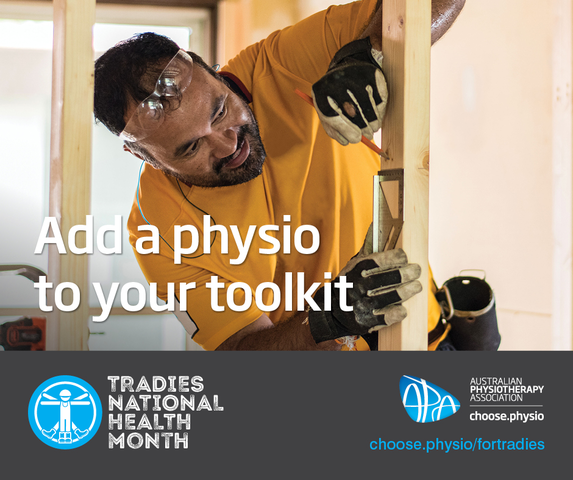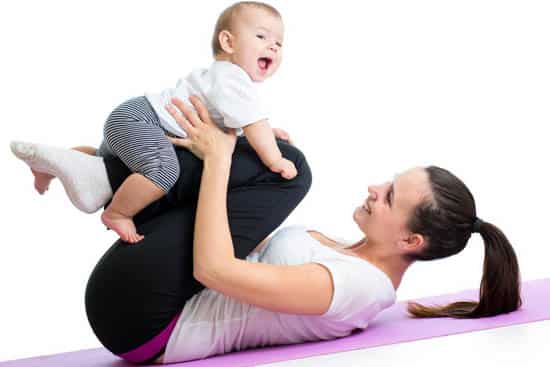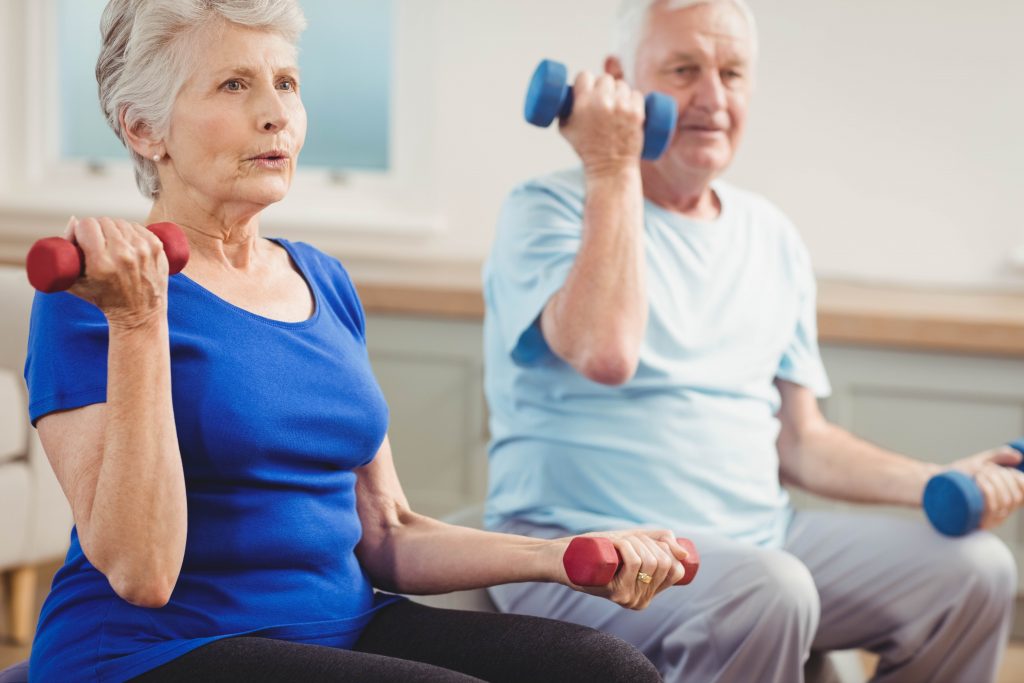August Newsletter

I’m a tradie, how can I look after myself better at work?
Given the physical nature of a tradie’s work, it’s important that you go home safe, well and ready for action again the next day. To help you do this, follow a few simple steps:
- warm up each morning before you start work with some targeted stretches, such as quadricep stretches (front of the thigh) if your work involves lots of squatting
- pace your workload and rate throughout the day to avoid issues related to overuse and fatigue
- communicate well with your workmates to ensure you are working in the most efficient and safe manner
- be willing to speak up if you feel uneasy about the level of risk you are exposed to at work
- don’t put yourself at risk of injury by rushing
- be willing to say ‘no’ when required to ensure both your own safety and that of others, even if it might make you unpopular at that moment. Worksite supervisors and employers are legally responsible for safe worksites and conditions and will be held accountable if there are breaches of work site regulations
- seek advice from your physiotherapist if you experience any aches or pains that are persistent, rather than waiting till it’s bad enough to stop you from continuing work
- manage injuries immediately with the RICE method (rest, ice, compression, and elevation).
If you need to see a PHYSIO we have early and late appointments available … we are also open on Saturdays! CALL OR CLICK THE ONLINE BOOKING BUTTON TO MAKE AN APPOINTMENT TODAY!
Despite your best efforts, jobs involving manual and repetitive tasks will, from time-to-time, result in aches and pains.
It is best to see your physio early before the issue progresses to something more serious.
Your physio can advise you on how to manage your work without making the issue worse, along with providing treatment and exercises to assist in a speedy recovery.
_____________________________________
FREE KIDS PHYSIO!
Our ‘Free Physio for Kids’ program is proving to be very popular! If you would like to take up this great offer here are the details …
When an adult comes in for any type of physio or remedial massage appointment at Graceville Physio they can receive a free physio consultation for any of their kids (up to and including 17 year olds)! This special offer is available up until the end of the September School Holidays!

Post natal 6 week check
We can assess the condition of your body as soon as you’re able to come into our practice following the birth of your baby, and we recommend that every mother has an internal examination once she is six weeks post-partum. At this six week check our physio will assess your pelvic floor function and your pelvic organ position, and help you plan for optimal recovery.
If there’s been any abdominal separation as a result of the birth, it is best to start treating it sooner rather than later. We can also address any feeding postures that may cause pain in your body as well as offer treatment and advice for the symptoms of Mastitis.
Post natal class
Postural correction and strength will become very important, especially as your child grows and becomes heavier with each passing day. We offer postnatal pilates and exercise classes to help you develop your upper body strength to keep up with the increased weight of your baby and keep your posture in check.

If you are injury prone, feel stiff and tight and/or suffer aches and pains, our classes may help!
We understand that motivation to exercise regularly can be a stumbling block for some. Remembering how to correctly perform exercises can also be an issue! This is why we offer a range of small group classes led by our physiotherapists.
Our CLINICAL EXERCISE CLASSES combine rehab exercises, strength, core, mobility & Pilates style exercises. These classes are particularly good for anyone with neck or lower back pain.
Our ACTIVELY AGEING CLASSES are ideal for women who want to stay fit & active. They combine strength, balance & core exercises in a circuit style setting.
Our BALANCE & STRENGTH CLASSES cater for our older clients that want to stay mobile. These classes have an emphasis on improving balance & fall prevention.
Our ANTENATAL & POSTNATAL CLASSES are a great way to ensure that you remain strong, flexible & stable during and after your pregnancy. Our Women’s Health Physio will guide you through a range of exercises tailored to your needs.
We run a YOGA CLASS (run by a qualified Yoga instructor). This is an ideal class for those wishing to remain flexible & strong but also wanting a stress relief/relaxation component to their class.
Please note: all classes require a physiotherapy assessment prior to joining unless you are currently seeing one of our physiotherapists for treatment or have seen us in the last 12 months. Classes can be claimed through most health funds.
